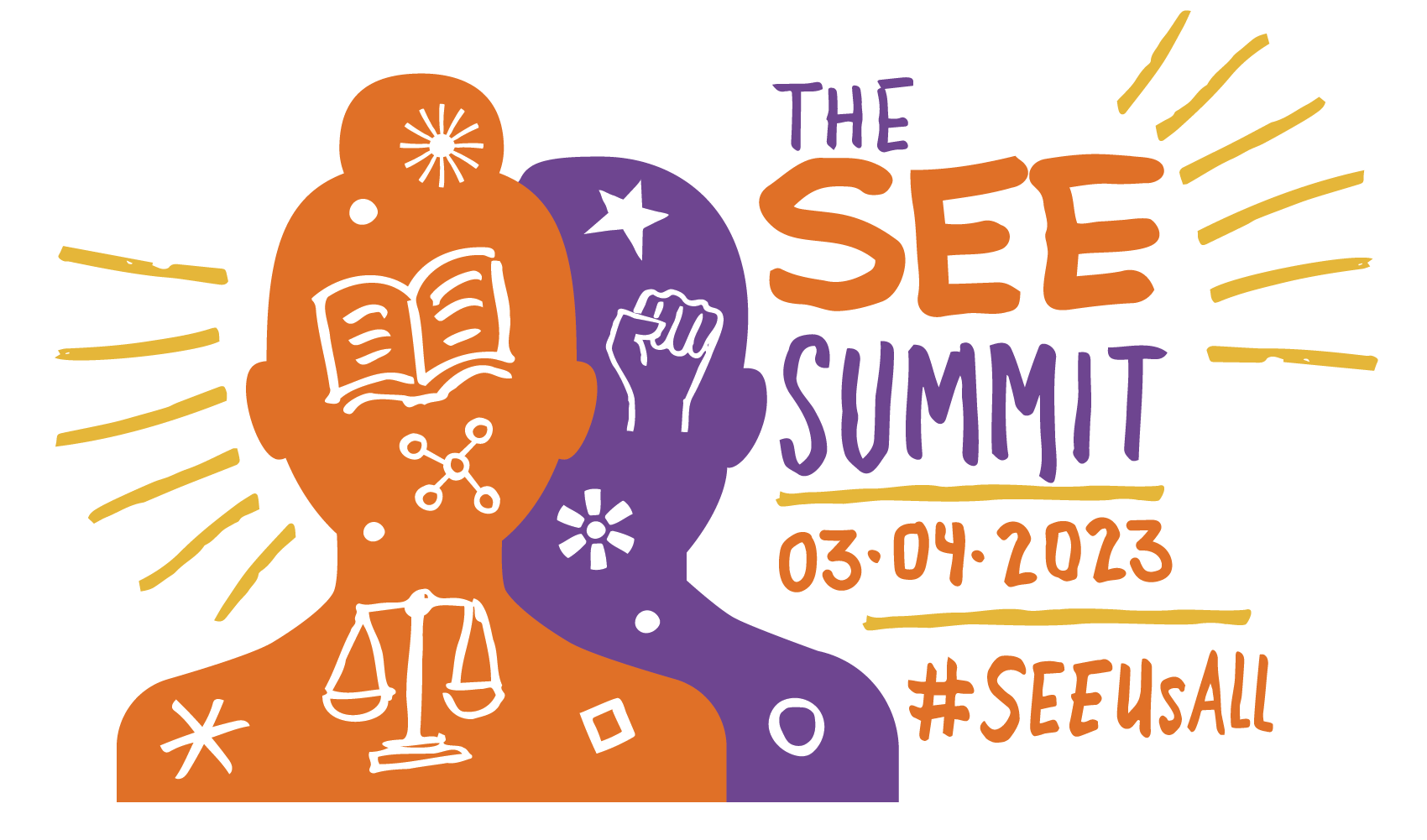
Saturday, March 4, 2023
11:30 a.m.-2:45 p.m. ET / 8:30 a.m.-11:45 a.m. PT
The Students for Equitable Education (SEE) Summit is a student-led movement calling for equitable education that values, honors, and affirms the identity of every student.
How do we address racial and gender disparities in dress codes? How can we create safe spaces for LGBTQIA+ students at school? Students have the answers; are we listening?
Now in its third year, the Students for Equitable Education (SEE) Summit is a national social justice event that’s designed and led by student leaders from across the country. Offered virtually and open to the public, the summit elevates student voice and vision to deliver authentic professional learning for the education community.
This event offers a unique opportunity to hear directly from students about how race, identity, and power impact the experiences they have in schools, to celebrate student voice and leadership, and to move from advocacy to action around education’s most-pressing issues.
The SEE Summit will radically cede power to young people; call on educators to face the harmful structures, policies, and practices that exist in education; strengthen dialogue and collaboration between students and school staff; and spur a collective commitment to advance equitable, inclusive classrooms.
Celebrate student voice and vision on Saturday, March 4!
Welcome and Opening Keynote
11:30 a.m. – 12 p.m. ET
8:30 – 9 a.m. PT
Student and Educator Panel
12 p.m. – 12:20 p.m. ET
9 – 9:20 a.m. PT
Student-Led Breakout Sessions
12:30 – 1:20 p.m. ET
9:30-10:20 a.m. PT
Student-Led Breakout Sessions
1:30 – 2:20 p.m. ET
10:30 – 11:20 a.m. PT
Closing
2:30 – 2:45 p.m. ET
11:30 – 11:45 a.m. PT
This presentation will broadly cover implicit bias, with specific focuses on microaggressions, gaslighting, and code switching in the classroom. Hear definitions and testimonials directly from students based on their experience with implicit biases in the classroom. Walk away with ways to identify biases and potential solutions to help foster safe and helpful experiences for teachers and students alike in the classroom.
This presentation is designed to inspire educators to move from advocacy to action in ways they can encourage diverse expression and cultural inclusivity in their classrooms. Hear from students about dress code, expressions, and positive imagery in classrooms, including ways in which cost and representation impact their ability to participate in certain school and extracurricular activities. Walk away with ideas for offering more diverse and inclusive activities that encourage greater student participation.
This presentation will look into how dress codes create oversexualization of females and of certain races and body types. Students will discuss questions like, “How harmful are dress codes for young (elementary aged) girls?” and “How harmful are they for girls of color and girls with certain body types?” Walk away with a greater understanding of how dress codes can perpetuate existing disparities, and how educators and leaders can address these issues.
If you are neutral in situations of injustice, you have chosen the side of the oppressor. Time is running out, so SPEAK UP! We must get along and think as a collective; if we don’t, it will be to our own demise. Join this exciting session crafted as a news show to learn from students “in the field” about how you can focus on the oppressed, instead of the oppressor, in education. #InjusticeHasACure
Stereotypes affect how we view other people and can hinder certain people from opportunities. At school, minority students are often discriminated against based on perceived stereotypes or implicit biases held by educators. When these stereotypes are acted upon, marginalized students can find themselves in unsafe environments and in turn, adjust how they speak, dress, and act at school. This project will discuss the dangers of stereotyping minority students – particularly students of color – and explore the treatment and stigmas that they face at school due to implicit bias and stereotyping.
This presentation will share student stories and perceptions around the importance of creating welcoming, safe, and affirming spaces for LGBTQIA+ students in the classroom. Presenters will highlight the “do’s and don’ts” for teachers and provide resources for deeper learning.
Hear the perspectives from student leaders on why students should be able to voice their opinions, why it’s important to have a safe and healthy learning environment, and ways for teachers to learn from students – and vice versa.
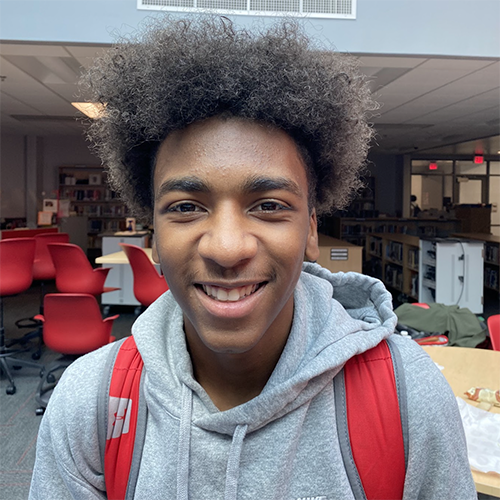
Aaron B
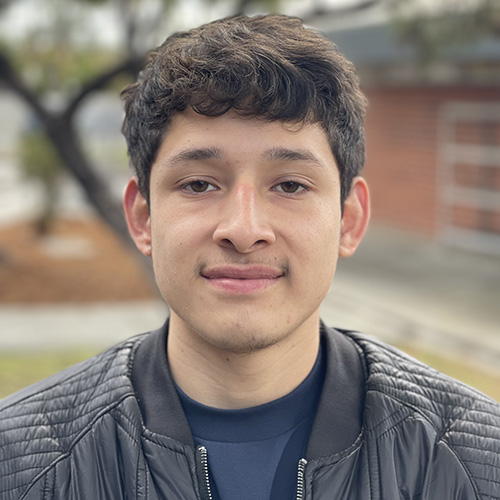
Abraham C
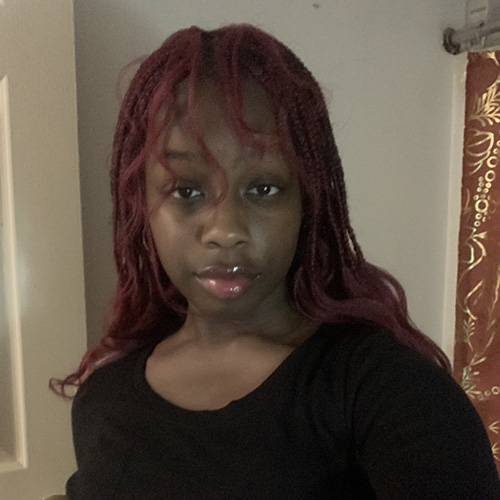
Alissa A
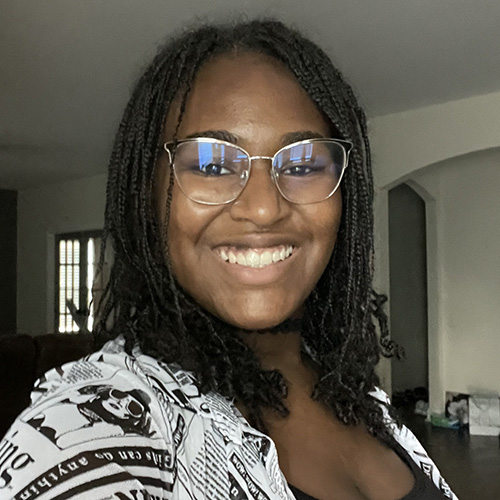
Anaya H
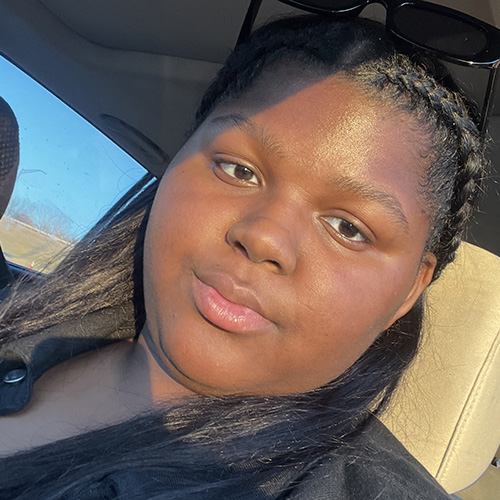
Arianna T
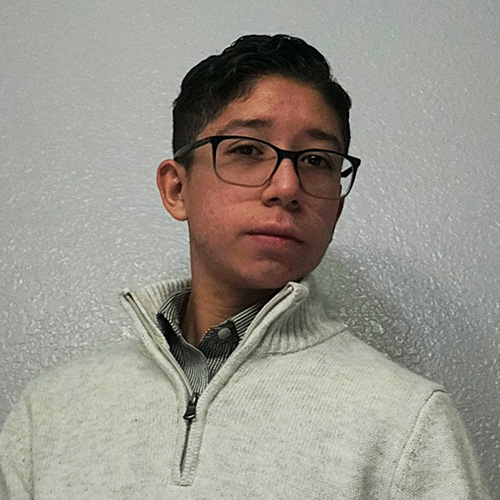
Armando S
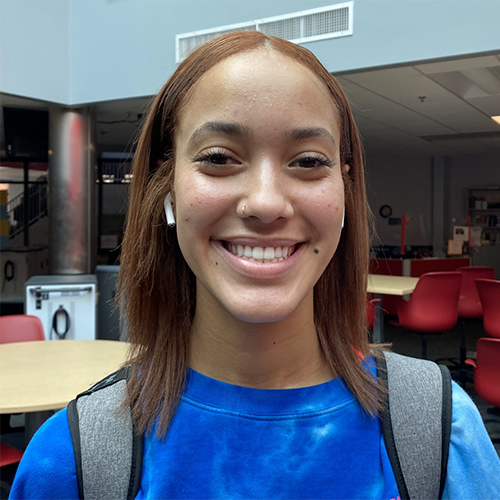
Ava F
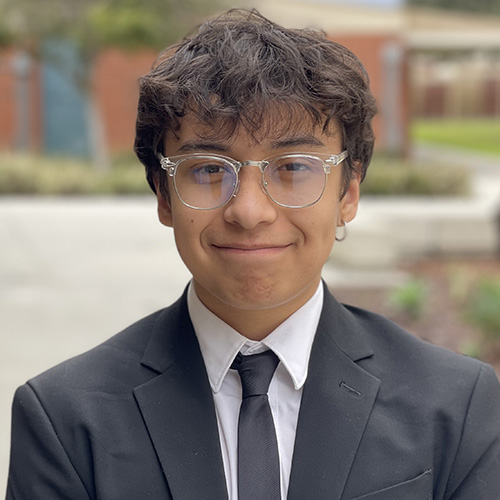
Brandon M

Crystal S

Danae Z
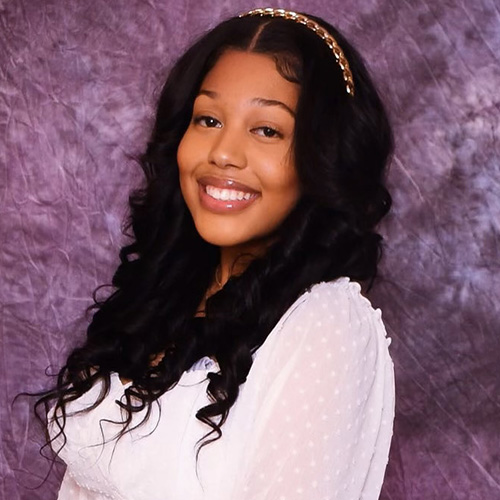
D'Asia W

Daija P
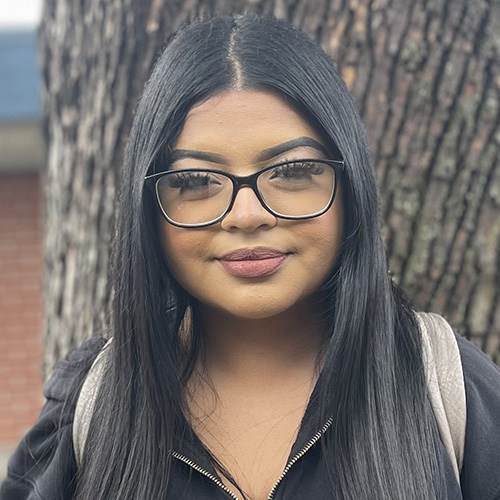
Grace C
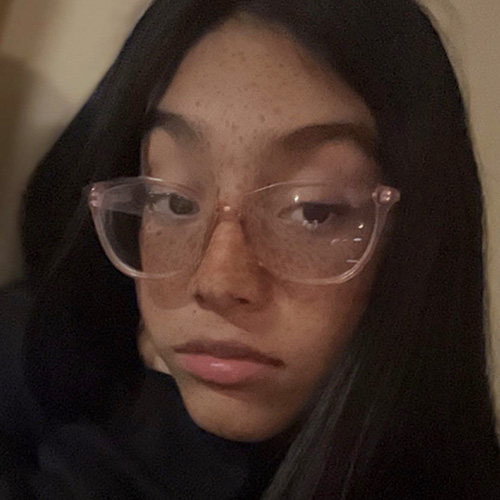
Helen A
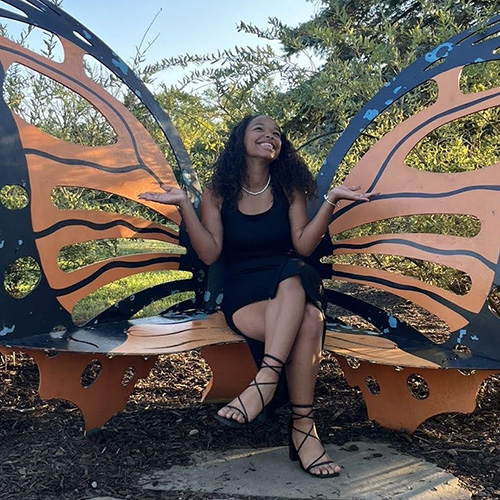
Ivey K
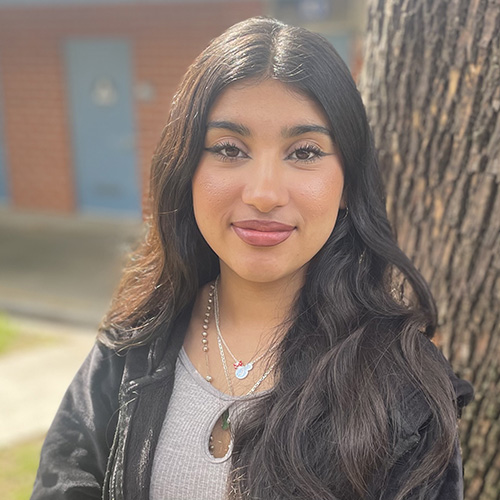
Jasseli Q
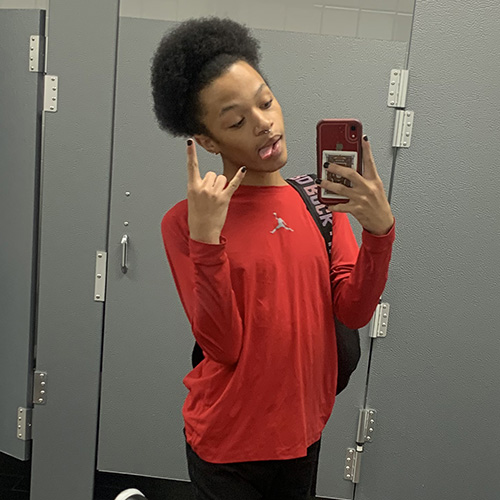
Je'Leil J
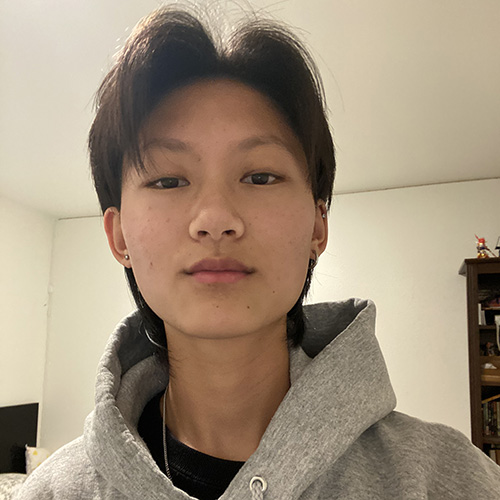
Jing-Ying (Crystal) S
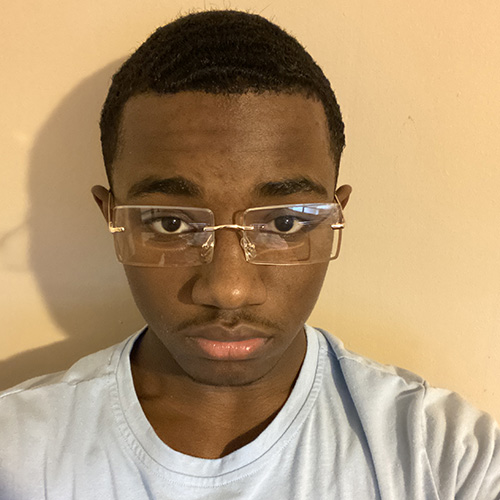
Kenneth G

Kiara O
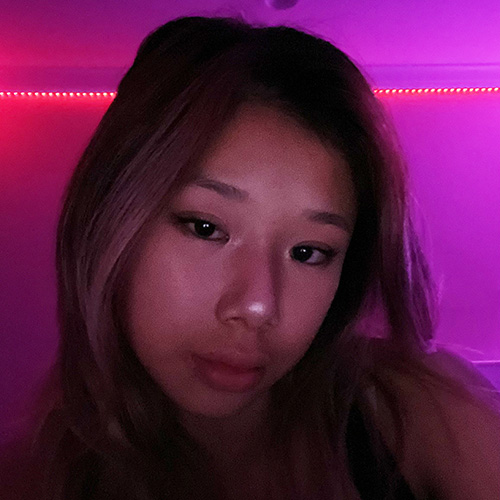
Leilani N
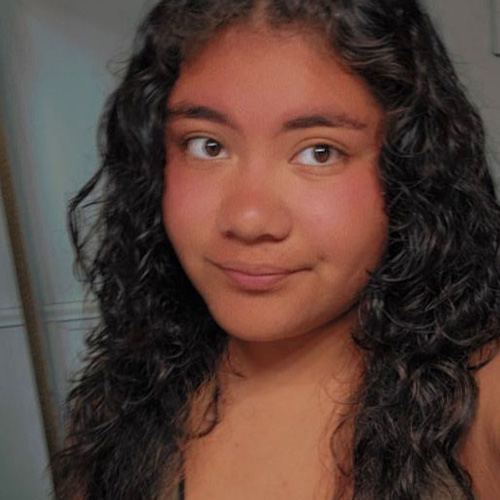
Leslie H

Lydia P
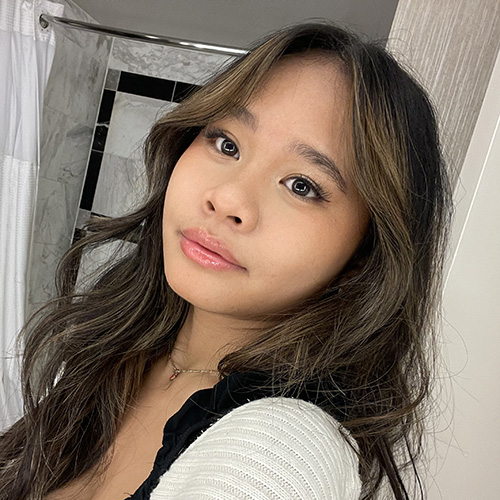
Madison A
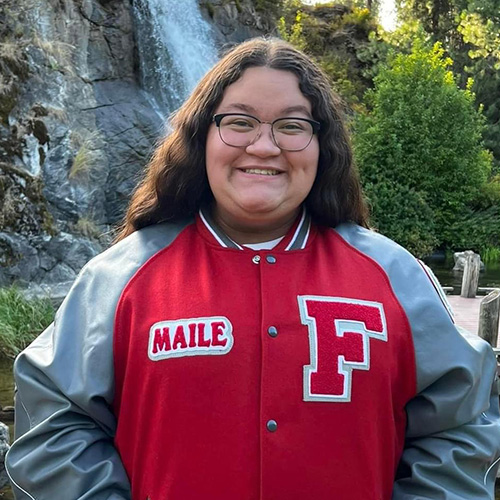
Maile E
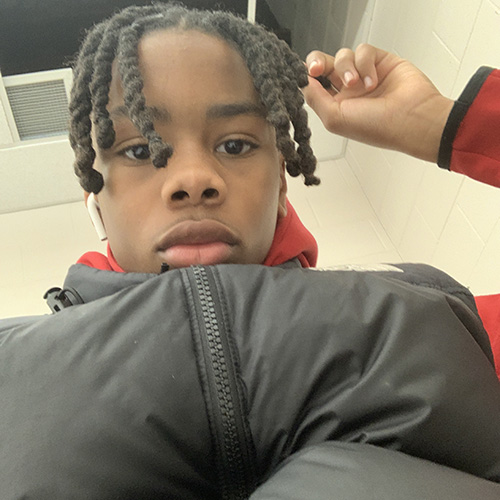
Makhi H
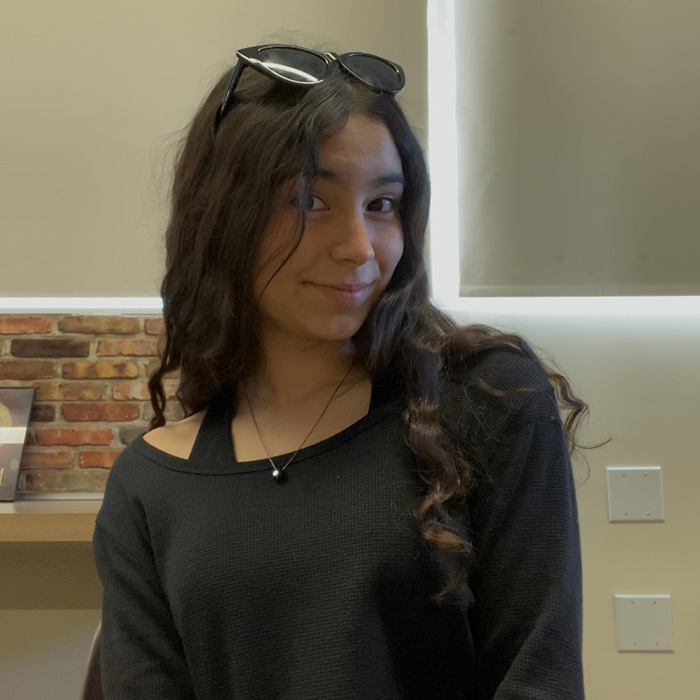
March D
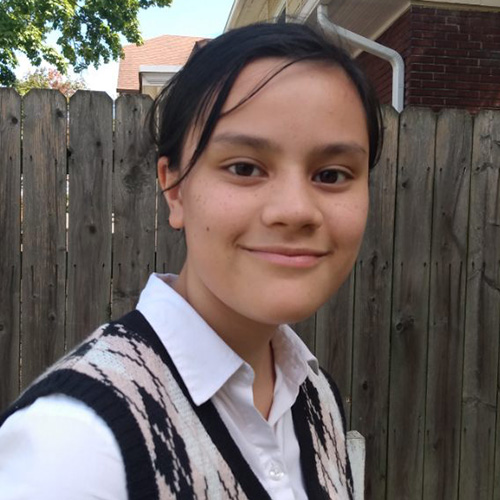
Maureen W
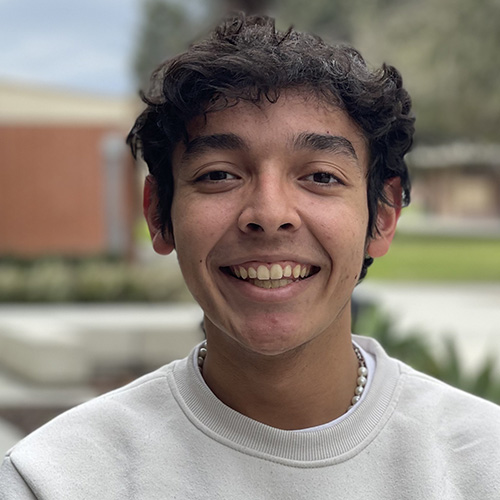
Pedro N

Promyss H
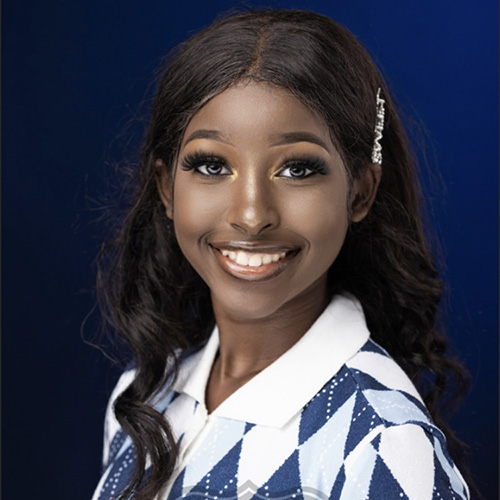
Rachelle K

Ray'Aunnah T
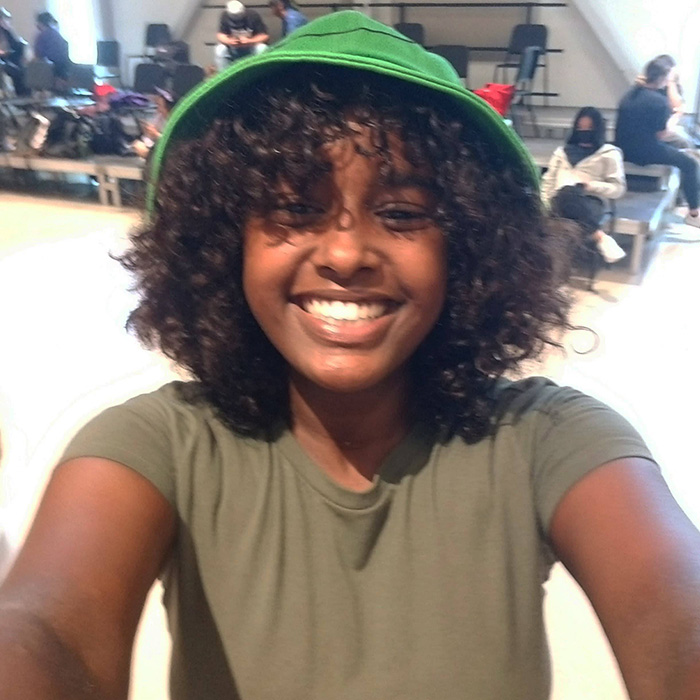
Reem T
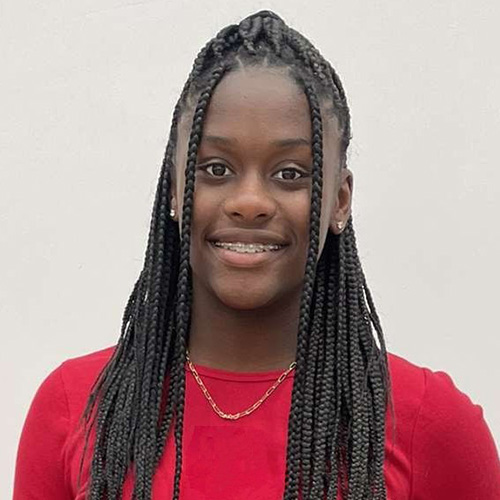
Sarah D
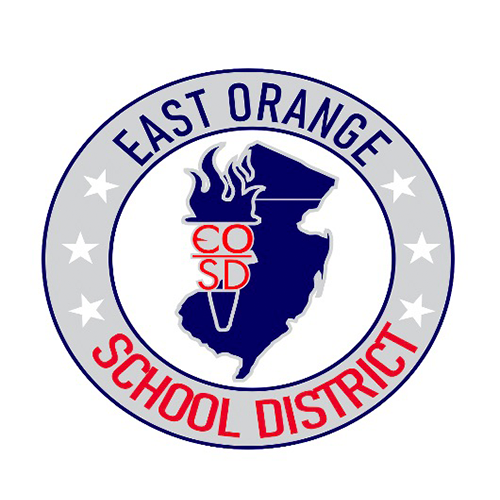
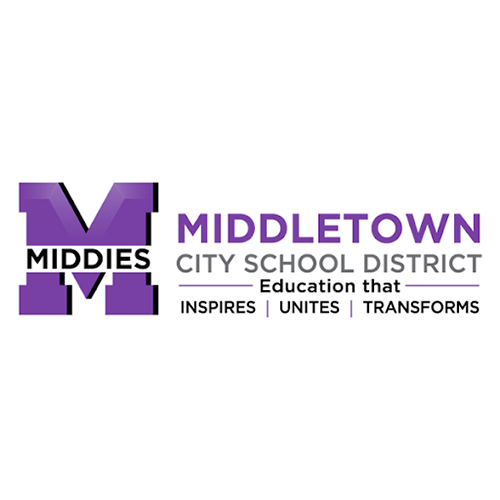
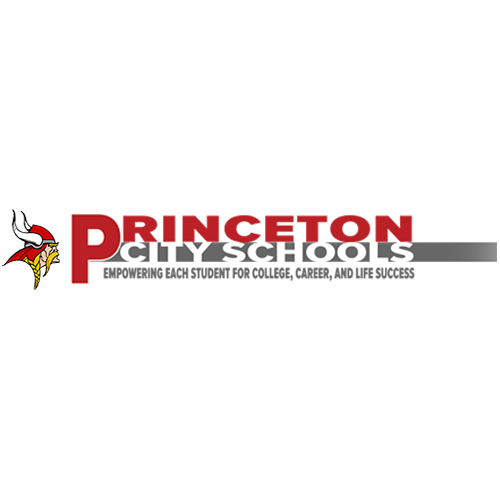



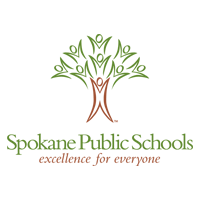
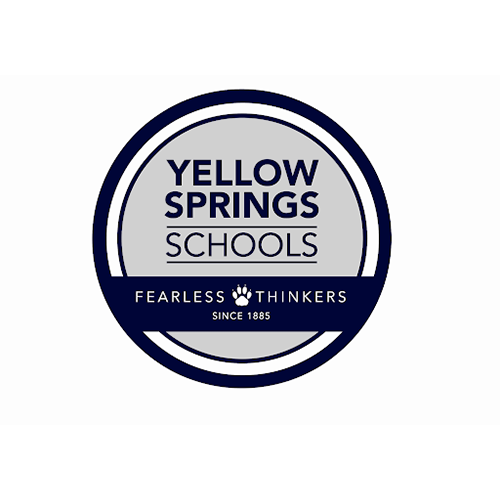

The Students for Equitable Education (SEE) Summit is powered by Swapcard, an engaging, all-in-one event platform.
After you register on Eventbrite, you will receive an email prompting you to create an account on Swapcard. This account will enable you to explore the summit agenda, create a personalized schedule, receive general information about the event, watch the main program, and participate in student-led sessions.
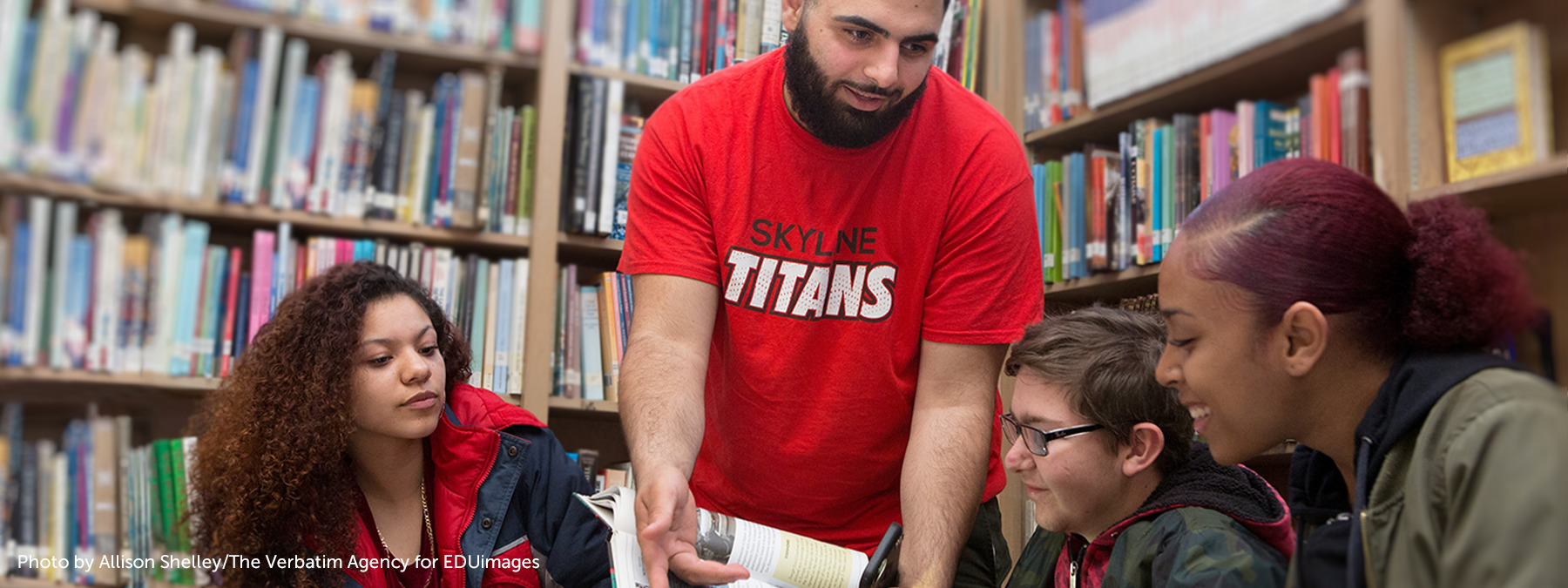
“Through the SEE Summit, I have been fully accepted by strangers who to this very day applaud me for my honesty, my integrity, and my opinions.” – Ray’Aunnah Tillis, Senior from Middletown City School District